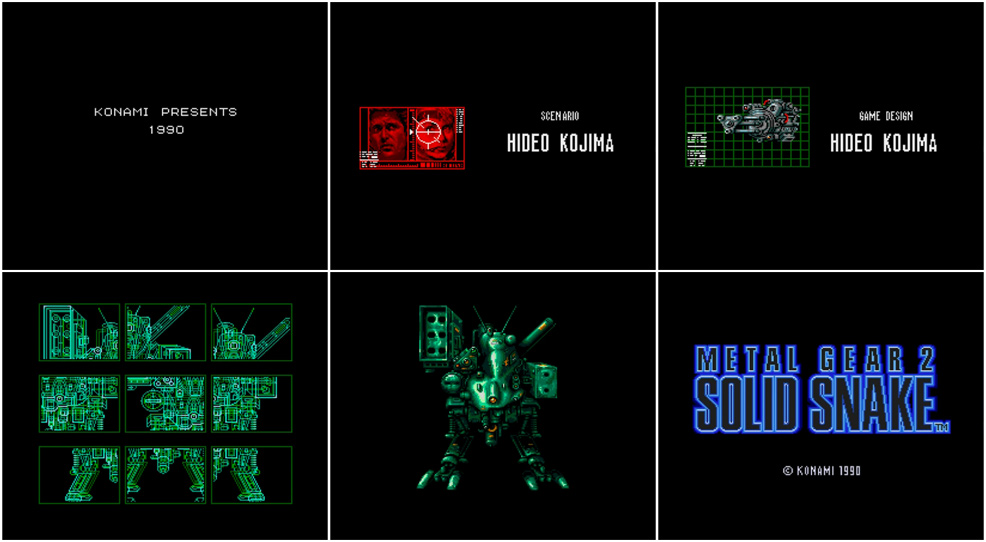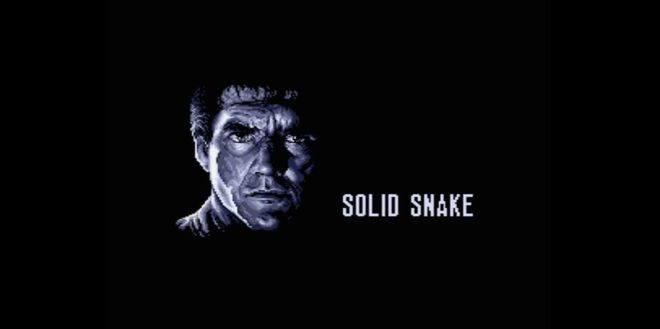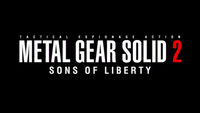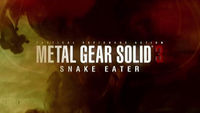The near future: an elite soldier, a big bad, a secret formula, and a sinister plan for world domination. It’s a standard action movie setup, but this is no movie – it’s Metal Gear 2: Solid Snake, a 1990 stealth-action video game from Konami and madcap game designer Hideo Kojima.
The sequel to the 1987 hit Metal Gear, the game again puts players in control of super commando Solid Snake (a codename inspired by Escape from New York’s Snake Plissken) as he undertakes a covert mission to stop the aptly named Big Boss. However, Snake's ultimate goal is to destroy Metal Gear D, one of the hulking, nuclear-armed bipedal tanks from which the series derives its name. Stop us if this sounds at all familiar.

Image set: Original Metal Gear D designs by Tomohiro Nishio and Konami staff
MSX is the name of a standardized home computer architecture launched by Microsoft in 1983. MSX-based machines were extremely popular in Asia, South America, and Europe, but were rarely released in North America.
Developed for the MSX2 home computer, the original version of Metal Gear 2 was never released outside of Japan, despite the international success of the first game on both the MSX and Nintendo Entertainment System. In fact, Kojima only began working on Metal Gear 2 after discovering that a quickie NES sequel intended for release exclusively in the West – titled Snake’s Revenge – was being developed by another team at Konami. A true successor to the original game in every sense, Metal Gear 2: Solid Snake laid the foundations for what would become one of the most enduring and eccentric game franchises of all time. From the stealth mechanics and bizarre characters, to filmic flourishes like long-winded cutscenes and even title sequences – everything modern gamers know as Metal Gear was firmly established by this game.

Image set: 1980s action movie title cards from The Terminator (1984) and Lethal Weapon (1987) featuring typography and colouring characteristic of the time
Released two years after Snatcher, Kojima’s highly cinematic, Blade Runner-inspired role-playing game, Metal Gear 2 upped the ante even further by featuring a lengthy opening title sequence that borrowed heavily from 1980s action cinema. As the development team’s credits render in all caps type, complex readouts and schematics fill the screen, weapons are tested and loaded, targets are acquired. The driving 8-bit score surges and the player’s ultimate foe – the dreaded Metal Gear – takes shape, giving way to a big, bold title card emblematic of the era. At over three minutes long – unusual even by Hollywood standards – the game’s elaborate main titles were far ahead of their time, transporting players into a world of intrigue and espionage, and helping to redefine what was possible in this still fledgling medium.
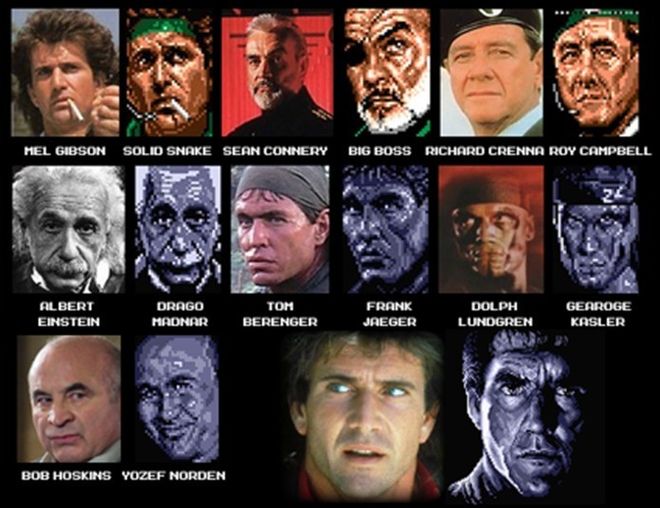
Original in-game character portraits and their real-life inspirations (Source: DidYouKnowGaming.com)
A noted cinephile, Kojima is well known for injecting his games with movie references and homages. Title sequences were no exception. This referential tendency has been part of Kojima's work for decades, visible in games like Snatcher and the first two Metal Gear titles. When the medium transitioned to 3D graphics and became more cinematic, the references were brought to the fore. This is particularly obvious in Kojima’s 1998's smash hit Metal Gear Solid, a game widely praised for its film-like qualities. Kojima's work has its defenders and detractors, but there is no question that his movie-inspired design choices helped cement him as one of gaming’s great auteurs.
Kojima would continue to make lengthy opening title sequences an integral part of the Metal Gear series, even going so far as to hire Se7en title designer Kyle Cooper to create elaborate introductory sequences for 2001’s Metal Gear Solid 2: Sons of Liberty and 2004’s Metal Gear Solid 3: Snake Eater – the latter a sendup of Robert Brownjohn’s James Bond title sequences. In 2006, Kojima would revisit Metal Gear 2 for its re-release, altering in-game character portraits and other key visuals (including the title sequences) to be more in line with subsequent entries in the series. Kojima and Cooper have reteamed for the forthcoming Metal Gear Solid V: The Phantom Pain, due out in 2015.
Supplementary: Metal Gear 2: Solid Snake end titles featuring the game's "cast" and crew.
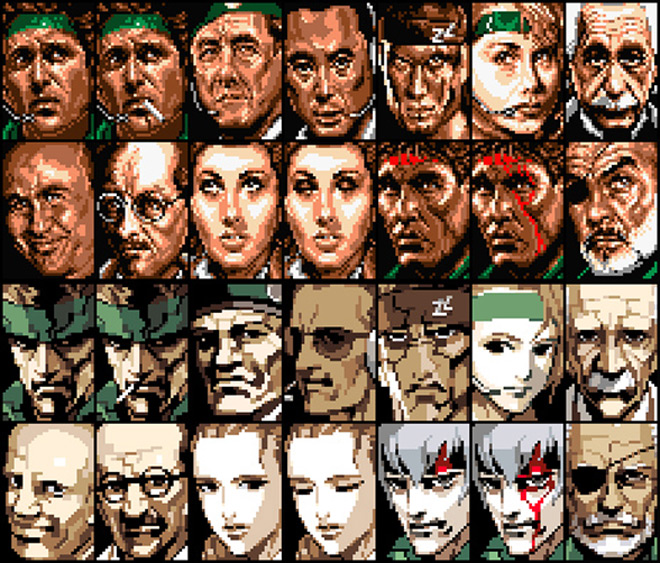
Supplementary: Metal Gear 2: Solid Snake in-game character portraits as seen in the original 1990 release (top) and the 2006 re-release included with Metal Gear Solid 3: Subsistence (bottom).
Game Design: Hideo Kojima
Logo & Title Design: Naoki Satō
Metal Gear D Design: Tomohiro Nishio
Illustration: Yoshiyuki Takani
Music: Tsuyoshi Sekito, Masahiro Ikariko, Mutsuhiko Izumi, Yuko Kurahashi, Tomoya Tomita, Kazuhiko Uehara, and Yuji Takenouchi
LIKE THIS ARTICLE?


